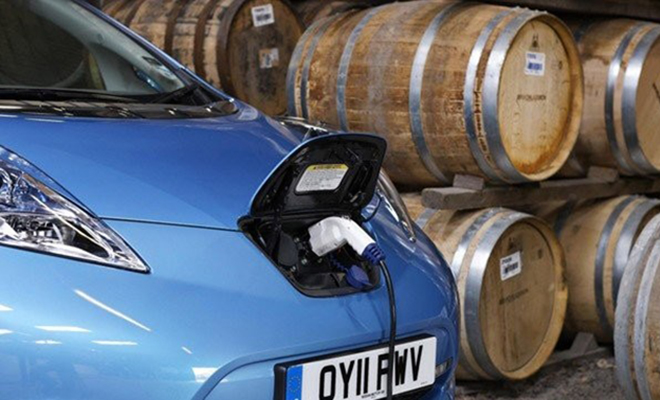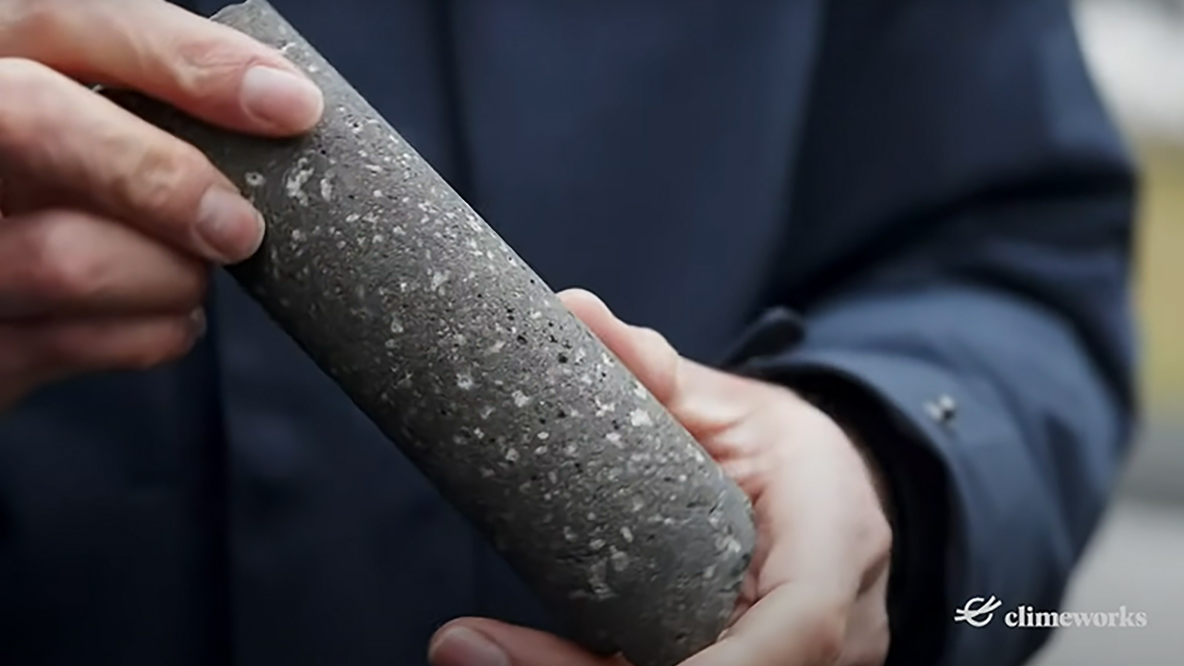Back
Perspectives 2023.05.30ESG Of Enterprises:Energy, Net Zero Emissions, Sustainable Development
2023.05.30With the increasing severity of global climate change, the impact on the environment and the uncertainty of energy supply have become a global focus. In this context, more and more countries and companies are investing significant resources in the research and development of alternative energy sources to address the dual challenges of increasing energy demand and reducing carbon emissions.
Exploration Of Bioenergy
According to the International Energy Agency's "Renewable Energy Market Update 2022" report, global biofuel demand is estimated to increase by over 20% from 2020 to 2027. This development is driven by the urgent need to reduce carbon emissions globally and the continuous pursuit of sustainable energy. In this market, biofuels and renewable natural gas are emerging as important alternative energy solutions.

Celtic Renewables utilizes whisky residues to prouce biofuel
(Image source)
In the case of typical distilleries, only 10% of their output is whisky, while a staggering 90% is waste byproduct. However, the startup company Celtic Renewables has developed a fermentation process to convert the waste generated from whisky production into a bio-solvent, capable of handling 50,000 metric tons of whisky residues with an annual production capacity of up to one million liters. This presents a better alternative compared to plant-based solutions that require cultivation costs and compete with food production.
Application of Carbon Capture Technology
It is not just about addressing the source of energy; we can also focus on reducing the amount of carbon released. Carbon capture technology is considered a key approach to reducing emissions and achieving climate goals. As of September 2022, there are approximately 35 operational commercial carbon capture facilities worldwide, capturing nearly 45 megatons of carbon dioxide annually, with many more carbon capture technologies under development. Academic research indicates that carbon capture technology will play a significant role in the future global economy, helping businesses reduce emissions during their transition and achieve decarbonization targets.

Climeworks achieves carbon storage by injecting processed carbon dioxide into basalt
Climeworks, a Swiss company specializing in greenhouse gas solutions, has recently established a carbon dioxide capture and storage facility called "Orca" in Iceland. Using their greenhouse gas capture equipment, Climeworks combines the captured carbon dioxide with water using fans and injects the mixture into basalt in combination with slurry. The Orca facility is powered by local geothermal energy, ensuring 100% renewable energy usage for the entire operation. This technology has the capacity to annually capture around 4,000 metric tons of carbon dioxide, equivalent to the emissions produced by approximately 870 cars.
Brief Summary
The widespread application of alternative energy sources and carbon capture technologies, as well as the increasing focus of businesses on ESG policies, holds significant importance in addressing global climate change. Countries should strive to balance security, affordability, and sustainability in the energy sector. As environmental economist Colin W. Clark aptly stated, "Much of the apparent economic growth in fact is illusory, the result of the inability to count depletion of natural resources." While pursuing business profits, it is crucial to consider whether the benefits are derived from externalizing costs onto the environment. Only by prioritizing sustainable ecological balance can humanity continue to embrace a vibrant and extraordinary future on this planet.
